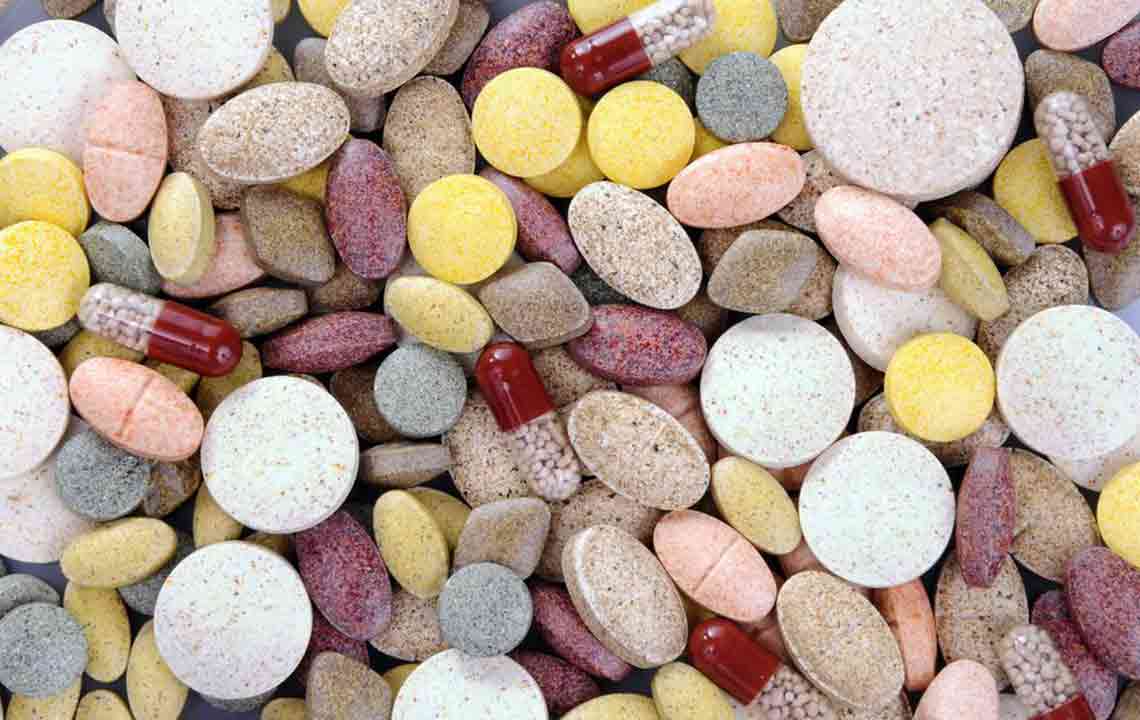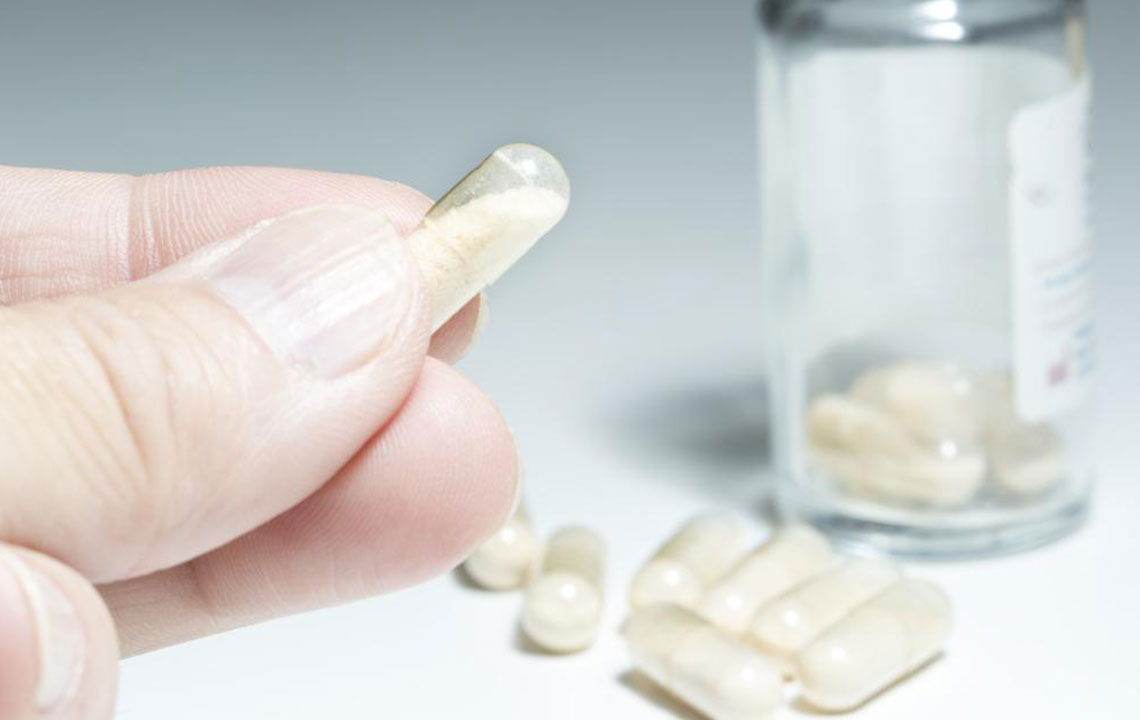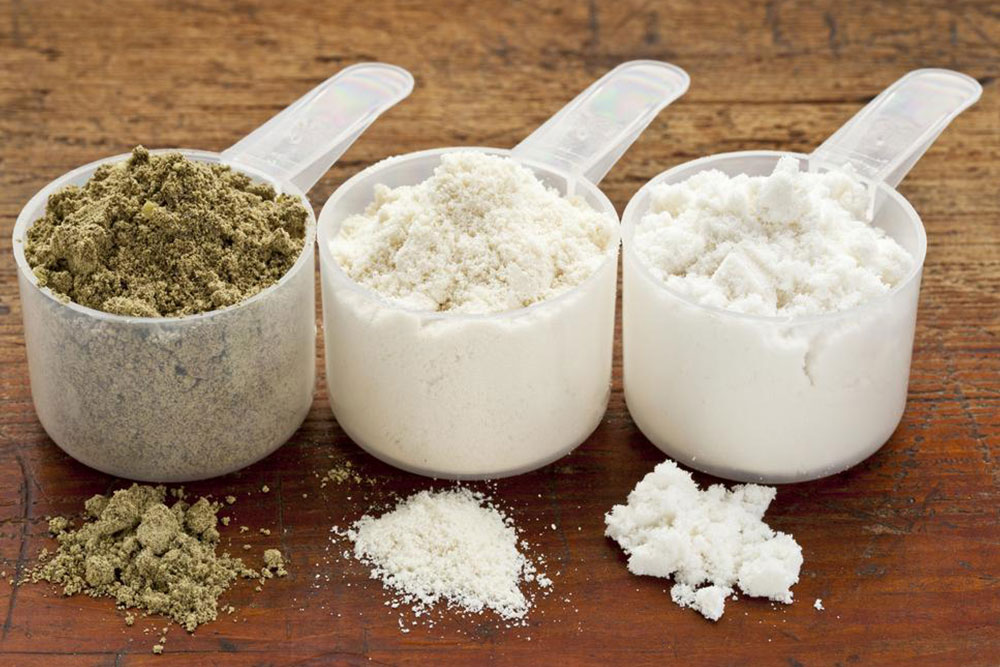Understanding Potential Side Effects of Probiotics
Probiotics are safe but can cause minor and temporary side effects like gas, bloating, and diarrhea during initial use. These symptoms are signs of gut flora adjustment and typically subside within two weeks. Hydration and dosage management help reduce discomfort. Consulting healthcare professionals is advised for personalized guidance. Researching and choosing reputable probiotic brands can ensure better results and fewer issues. Understanding gut pH levels and their impact on bacteria growth aids in managing side effects effectively.

Understanding Potential Side Effects of Probiotics
Probiotics are generally safe and rarely cause serious adverse reactions. Mostly, any minor side effects are temporary and indicate that the probiotics are effectively altering the gut flora. These symptoms often occur during the initial adjustment period when harmful bacteria are being replaced. Many people mistake these signs for negative effects and stop taking probiotics. However, conducting research and comparing top-rated probiotic brands can help you select the most suitable supplement. Probiotics designed for specific issues like constipation or irritable bowel syndrome may have different effects. Common minor side effects include:
Gas
Diarrhea
Acne
Rashes
Bloating
These symptoms usually subside within two weeks and can be mitigated by staying hydrated and adjusting dosage if necessary. The changes in gut pH levels—normally around 6.7 to 6.9—are responsible for these effects. An alteration from alkaline to more acidic conditions promotes the growth of beneficial bacteria, which may temporarily lead to symptoms like gas and loose stools. Consuming fermented foods such as yogurt and buttermilk can support beneficial bacteria growth. Discontinuing probiotics isn't recommended to prevent persistent bad bacteria in the gut. Drinking plenty of water and reducing doses during aggravation can ease side effects. Always consult healthcare professionals for personalized advice.










